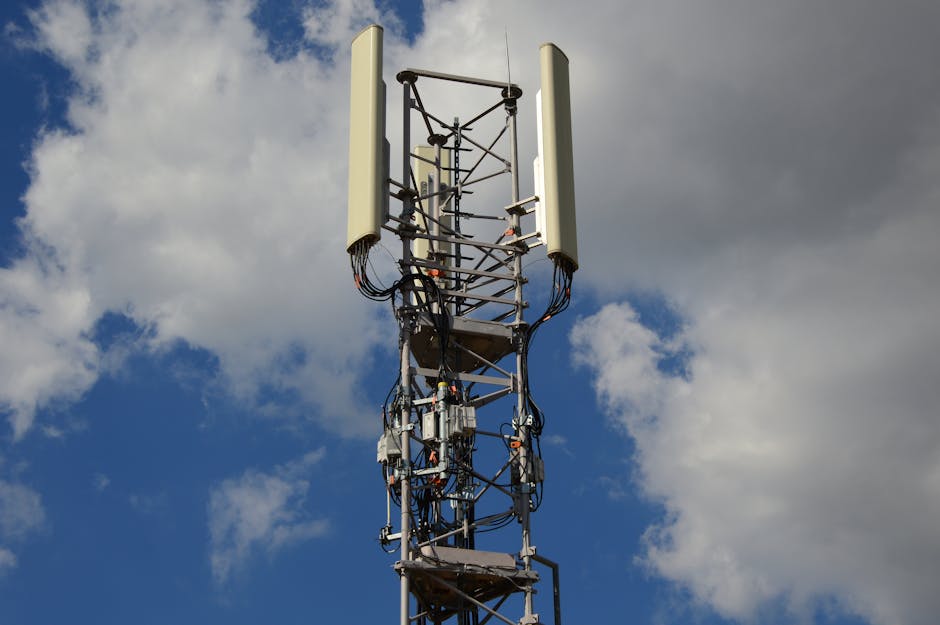Mozambique Mandates 5G Coverage in Provincial Capitals, Adopts New Spectrum Allocation Model

The government of Mozambique has announced a groundbreaking shift in its telecommunications policy, mandating 5G network coverage in all provincial capitals. This move comes alongside a decision to move away from spectrum license auctions, opting instead for an administrative allocation model. According to government spokesperson Inocencio Impissa, this strategic shift aims to accelerate the deployment of next-generation networks and ensure inclusive access to digital infrastructure across the nation.
Speaking at a cabinet meeting in Maputo, Impissa highlighted that the previous spectrum auction model had proven ineffective due to significant changes in the telecommunications market. The previous plan, which included auctions for the 700MHz, 2.6GHz, 3.5GHz, and 26GHz bands, has now been scrapped. Instead, mobile operators will face coverage obligations that require them to roll out 5G services in all provincial capitals and ensure widespread 4G availability across the country. Impissa emphasized that this reform is designed to ensure efficient use of spectrum, promote digital inclusion, and accelerate access to advanced connectivity for Mozambican citizens.
New Regulations to Ensure Compliance and Drive Innovation

Pexels
To ensure adherence to the newly introduced obligations, the government has clarified that it will monitor operators closely. Providers failing to meet these coverage requirements could face severe penalties, including license revocations. This approach demonstrates Mozambique’s commitment to advancing its telecommunications sector while fostering accountability among service providers. By prioritizing 5G expansion, the country is positioning itself at the forefront of digital transformation in the region.
Additionally, the cabinet has approved updated regulations to enhance traffic control within Mozambique’s telecommunications networks. These new measures replace a 2023 decree with a more robust framework for monitoring digital communication traffic across all licensed operators and service providers. This regulatory update is crucial as the country grapples with increasing cyber threats, including fraud, digital crimes, and social media misuse.
Strengthening National Security Amid Growing Digital Threats

Pexels
The revised telecommunications framework introduces mechanisms to combat the rising wave of cyberattacks and digital misconduct. Impissa noted that the growing reliance on digital public services, such as financial systems and government platforms, has increased the risk of security breaches and AI-driven cyber threats. The updated regulation aims to safeguard citizens, state institutions, and national sovereignty by creating a secure and resilient digital communication ecosystem.
By mandating 5G coverage and tightening network oversight, Mozambique’s government is aligning its telecommunications industry with global standards while addressing local challenges. This progress paves the way for a more connected and digitally inclusive nation, fostering economic growth and technological innovation in the region.




